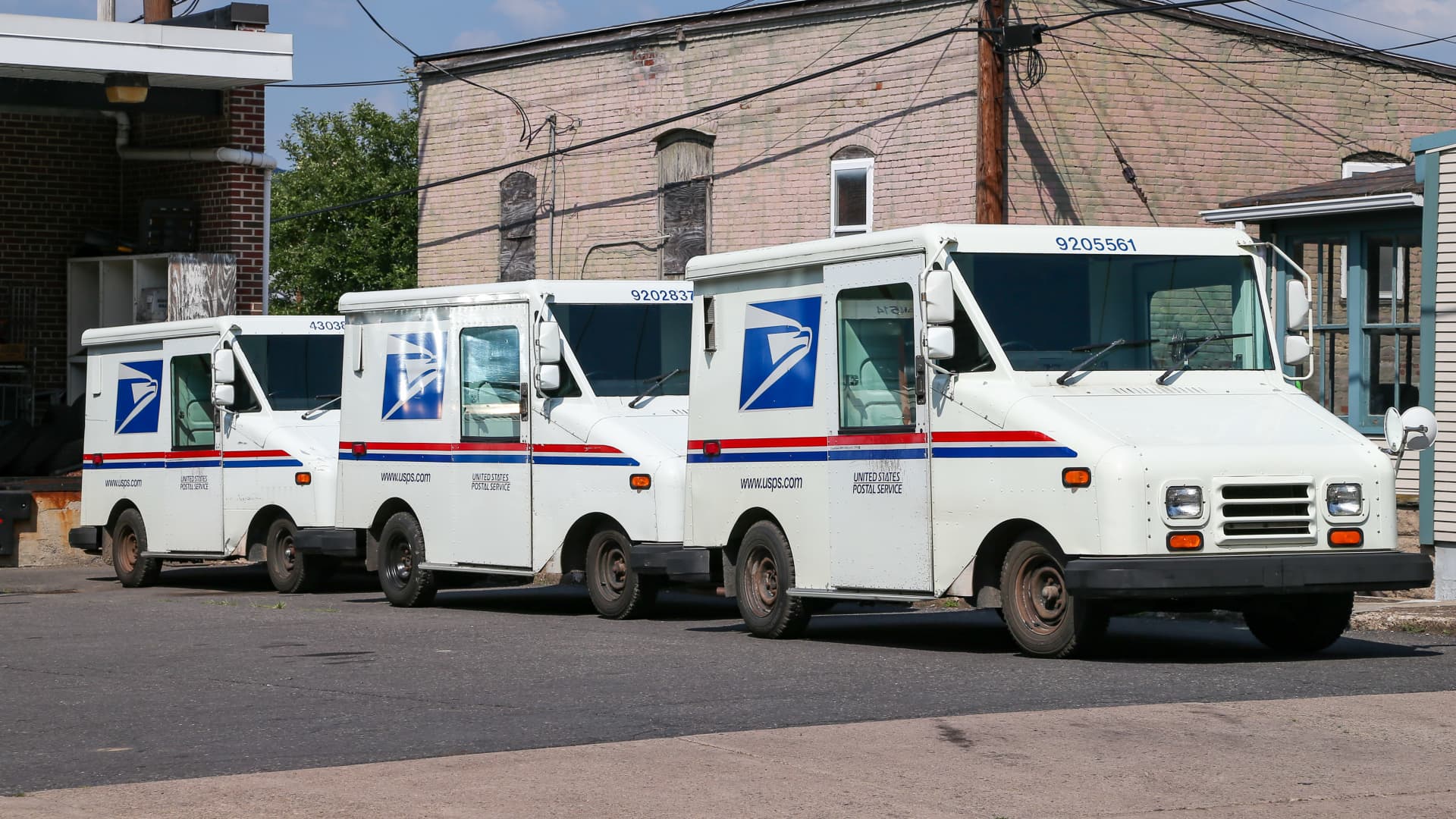U.S. gasoline demand is approaching normal levels as Americans once again hit the road amid the economic recovery and the Covid-19 vaccine rollout.
Demand is just about at normal March levels and continues to tick higher, according to the latest data from GasBuddy. Thursday’s demand was 17.5% higher than the average of the four prior Thursdays.
“It’s been an impressive rebound in the last few weeks of demand and I continue to be surprised every day,” noted Patrick De Haan, head of petroleum analysis at GasBuddy.
He said that apart from one Sunday, every day since Feb. 20 has seen positive percentage growth. There are many factors that drive gas demand, of course, one of which could be people driving long distances for Covid-19 vaccines. Spring break could also be a driving force.
Still, the trend shows an upward trajectory.
“It’s still March, meaning as the economy recovers and we get closer to summer, all signs are for higher demand than I think almost anyone anticipated just a few months ago,” De Haan added.
Source: GasBuddy
The above chart illustrates the rebound in demand. It compares daily gasoline consumption against February 2020 levels, which was just before the U.S. went into lockdown.
The data showed that demand this past Thursday was 1.8% higher than the final Thursday before Covid lockdowns went into effect in 2020. The data is not seasonally adjusted, however, and February does tend to be the weakest month for gas demand.
More consumers hitting the road combined with a draw in gasoline stocks has led to a jump in prices.
“On average, Americans are paying 14% more to fill-up compared to February,” Jeanette McGee, AAA spokesperson, said in a statement Monday. “With increased demand and tighter gasoline supplies, we are looking at more expensive pump prices with little relief in the weeks ahead.”
On Friday the national average for a gallon of gas stood at $2.886, up 69 cents or 31.4% from a year ago, according to AAA.

